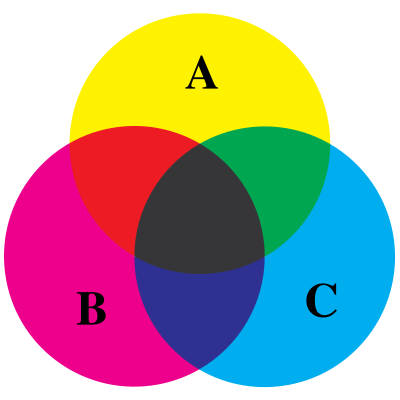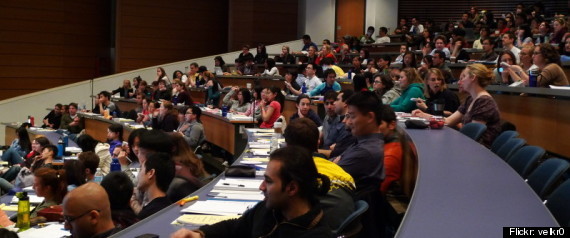
What I would like you to do is to find a topic from chapter 3 that you were interested in and search the internet for material on that topic. You might, for example, find people who are doing research on the topic, you might find web pages that discuss the topic, you might find youtube clips that demonstrate something related to the topic, etc. What you find and use is pretty much up to you at this point. But use at least 3 sources.
Once you have completed your search and explorations, I would like you to say what your topic is, how exactly it fits into the chapter, and why you are interested in it. Next, I would like you to take the information you found related to your topic, integrate/synthesize it, and then write about it. At the end, please include working URLs for the three websites.
By integrating/synthesizing I mean to take what your read/experienced from the internet search (and from chapter 1 if you like) organize the information into the main themes, issues, info, examples, etc. about your topic and then write about the topic in your own words using that information. This is hard for some people to do - many students write what we refer to as "serial abstracts." They are tempted to talk about the websites rather than the topic proper. They will talk all about website #1, start a new paragraph and talk all about web site #2, start a new paragraph and talk all about web site #3, and then write some kind of conclusion. Serial means one after the other...This what you DON'T want to do!
At first it is a real challenge to get out of the habit of writing "serial abstracts," but I assure you once you get the hang of it it is much easier to write using the integration method. And besides this is the way researchers and scientists write their technical reports and findings - many of you will have to be able to do this for other classes and for jobs that you may eventually be hired for so now is a good time to learn this skill. At this point don't worry about a grade, worry about doing your best to have fun with the topic and then integrate it into your own words to share what you found and now know. We will work on citing the sources later....
Let me know if you have any questions.









Recent Comments